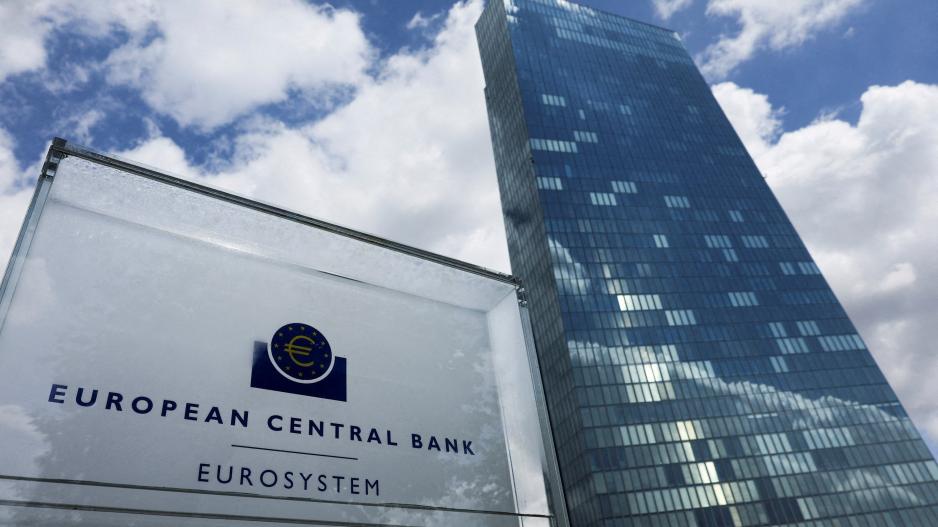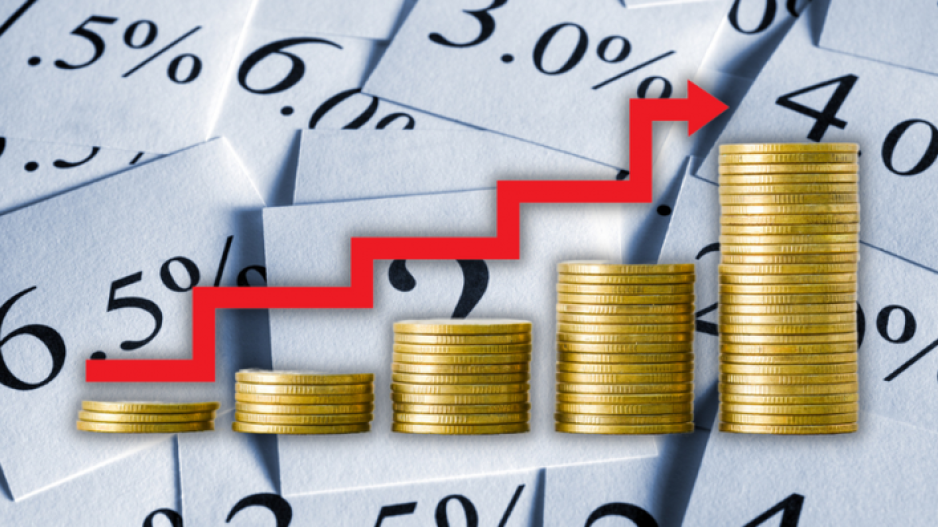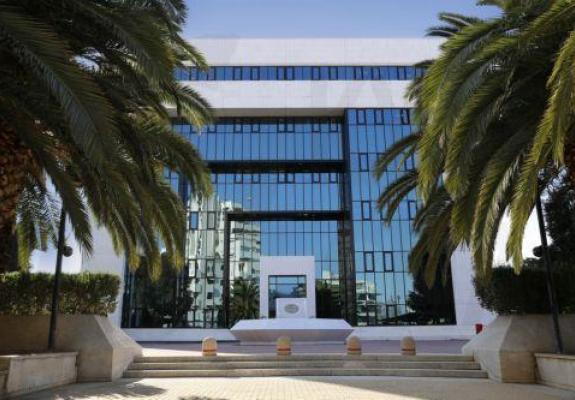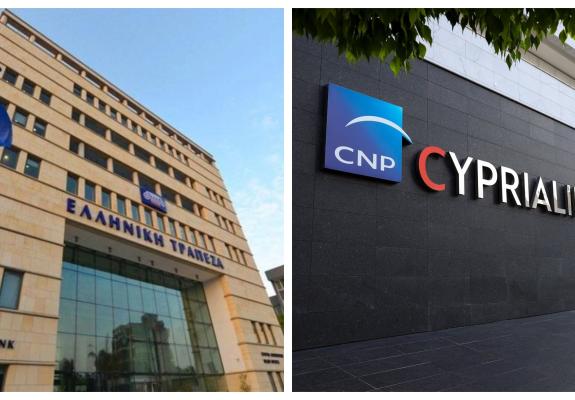Amid Inflation Concerns, European Central Bank to Raise Interest Rates Again
The European Central Bank is set to implement a 25 basis points increase in interest rates on July 27, according to a recent Reuters survey, with a majority of economists predicting another rate hike in September.
Despite a significant drop in inflation within the eurozone, from 10.6% last October to 5.5% in June, the ECB remains steadfast in its intention to address inflationary pressures. The bank has acknowledged that inflation is expected to remain persistently high and has stated its commitment to combat the rising prices.
The current move comes on the heels of eight consecutive interest rate increases since July 2022, resulting in a cumulative rise of 400 basis points. Investors and analysts are now actively discussing the necessary number of future rate hikes and the timeline required to bring inflation back to the ECB's target rate of 2%.
Although ECB policymakers have already indicated a rate hike in July, opinions among economists vary regarding the extent of further monetary tightening. While 35 out of 75 respondents anticipate no more rate increases, 40 economists foresee an additional 25 basis points hike in September, marking a notable shift from the meager four economists who predicted such an increase in June.
If the ECB goes through with the planned rate hike, deposit rates will reach their highest level since their introduction in 1999.
Bas van Geffen, a senior macroeconomic strategist at Rabobank, believes that the July rate hike is widely expected and will not surprise the markets. The real question is whether the ECB will pursue further increases in September.
The communication strategy during the next meeting poses a challenge, as the ECB needs to balance its stance on both ending rate increases and keeping the possibility of future hikes open.
ECB statements have solidified the belief that rate cuts are unlikely in the near term. An overwhelming majority of economists, 55 out of 61, do not anticipate any cuts until at least the end of the first quarter.

In contrast, the US Federal Reserve is expected to make its final rate hike before the ECB meeting. Just over half of the survey respondents expect one or more rate cuts by the end of March 2024. Expectations of interest rate differentials have partially strengthened the euro against the dollar by approximately 5% this year. While a stronger euro contributes to downward pressure on prices through cheaper imports, inflation is not expected to reach the ECB's target rate of 2% until at least 2025, according to the ECB's projections.
Core inflation, which excludes volatile food and energy prices, provides a better understanding of underlying demand. Twenty out of 32 respondents in an additional question predict that core inflation will be slightly lower than the current 6.8% by the end of the year. Twelve respondents estimated a more significant decrease. Wage inflation is expected to be the most persistent component of core inflation, according to almost all economists, except for two out of a total of 26. The unemployment rate is projected to increase to 6.8% within the next two years, up from the current rate of 6.5%.
Despite these economic challenges, demand in the 20 eurozone members has slowed down, leading the region into a recession, with Germany's economy being a significant contributor to this downturn.






